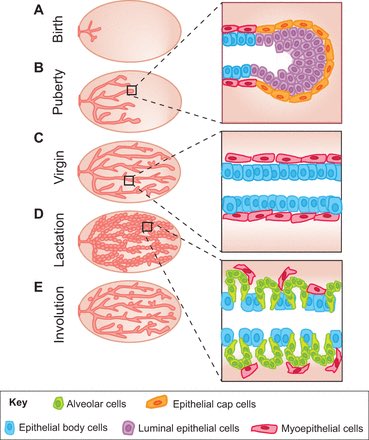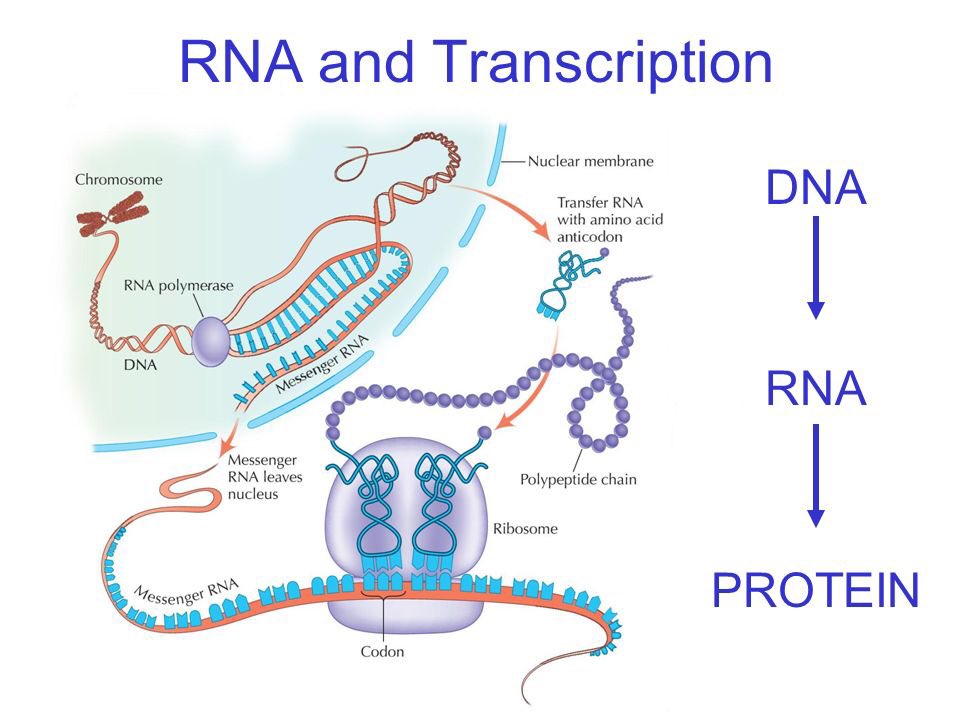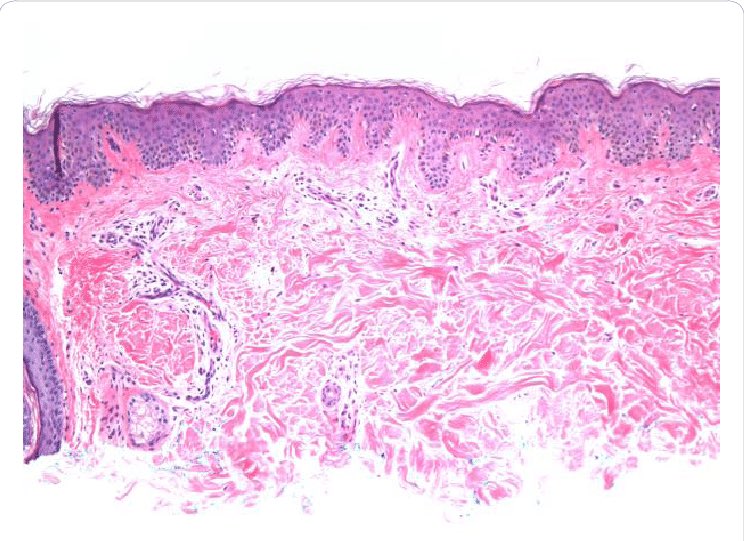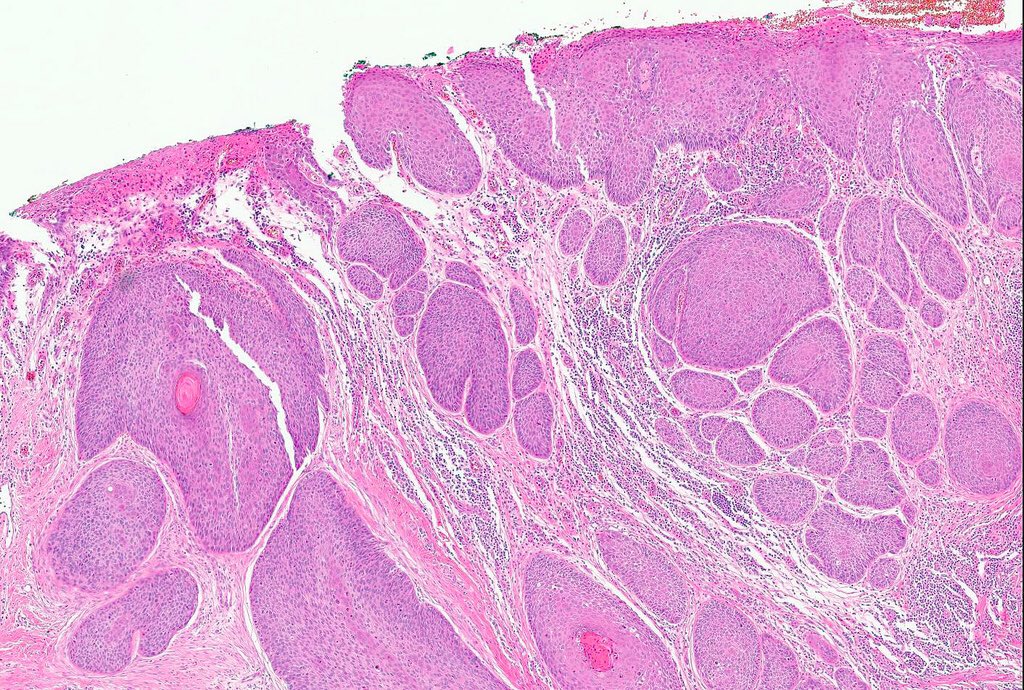Breakfast? 🍳 ✅
First cup of coffee? ☕️ ✅
Let’s get started!
Today I’ll be tweeting Breast Cancer 101: what it is and how it’s treated. Tomorrow I’ll focus on my research on endocrine resistant breast cancer.
If you have questions, please ask!
These proteins help your cells perform their normal functions: secreting acid in your stomach, creating a protective barrier from the world in your skin, and absorbing oxygen in your lungs.
You may have learned about mitosis (PMAT!) and cytokinesis which are the processes of DNA replication and cell division. This process is supposed to happen under tight control.
Proteins that tell the cells to stop growing are no longer made and those that help cells grow are made at a higher rate.
Cells exposed to the external environment need to divide more (because they are exposed to more damage) - think your skin, GI tract.
And the tissues whose cells divide more have a higher likelihood of developing cancer. science.sciencemag.org/content/347/62…
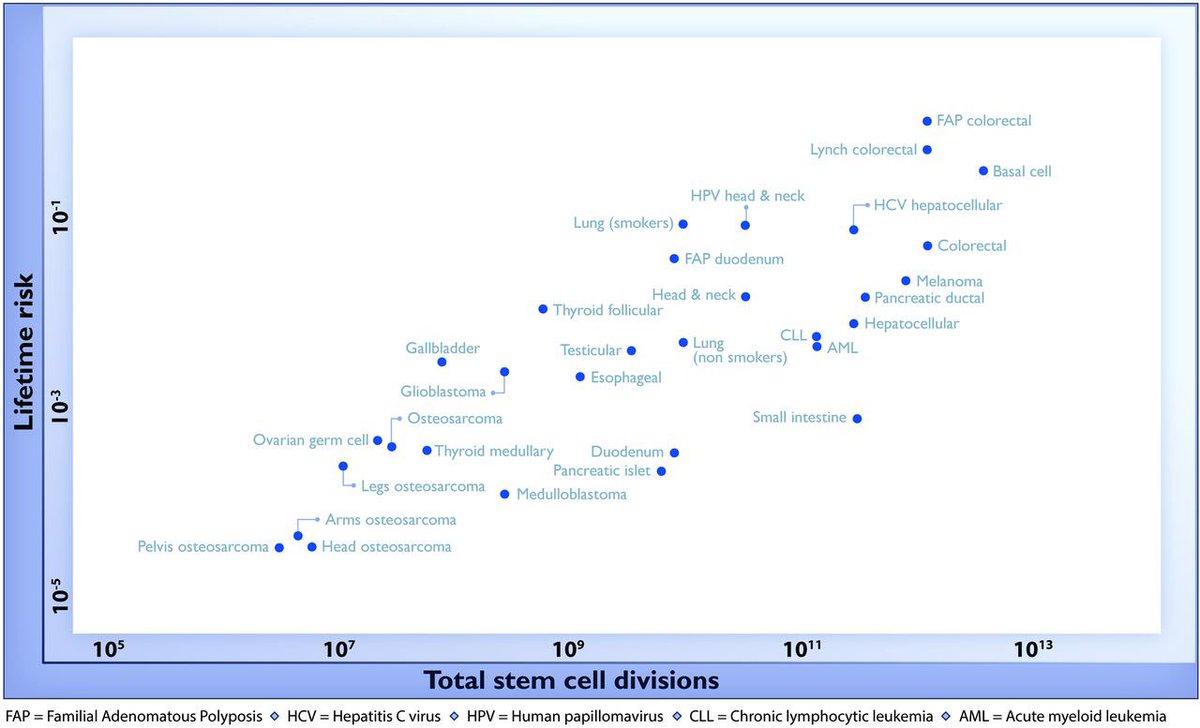
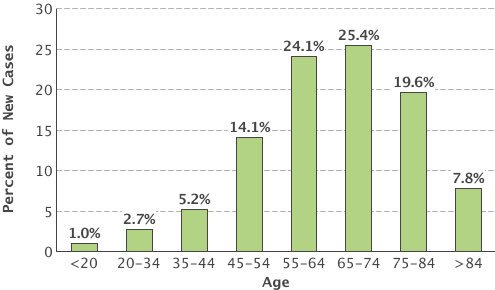
The mammary gland is the tissue in the breast that ultimately produces milk for the offspring. It grows in response to hormones throughout a woman’s life.
(This amazing figure can be found in this article from the Bissell lab: dev.biologists.org/content/142/6/…)
